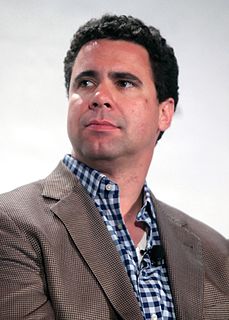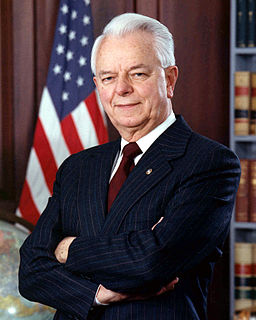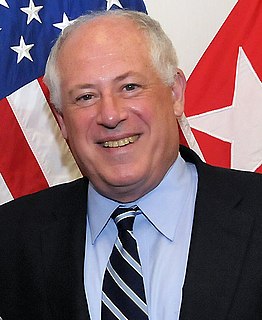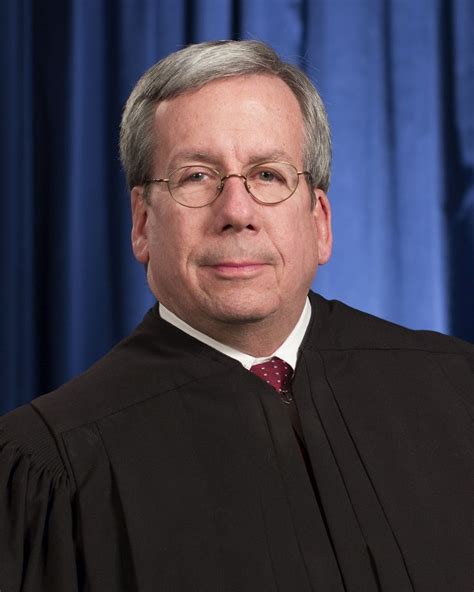A Quote by Franklin Graham
At a time when our country is waging two wars, approval ratings for Congress are at historic lows, unemployment is at a 70-year high and financial institutions have collapsed around us, I can't imagine anyone seriously opposing a National Day of Prayer.
Related Quotes
It is wrong for a secular government to promote prayer. We think the National Day of Prayer is unconstitutional. What if the president declared a National Day of Cursing God because He failed us on September 11? Americans would say, "You've overstepped your authority." That's how we feel when he promotes prayer.
To seek approval is to have no resting place, no sanctuary. Like all judgement, approval encourages a constant striving. It makes us uncertain of who we are and of our true value. Approval cannot be trusted. It can be withdrawn at any time no matter what our track record has been. It is as nourishing of real growth as cotton candy. Yet many of us spend our lives pursuing it.
To restore confidence in our markets and our financial institutions so they can fuel continued growth and prosperity, we must address the underlying problem. The federal government must implement a program to remove these illiquid assets that are weighing down our financial institutions and threatening our economy.






































